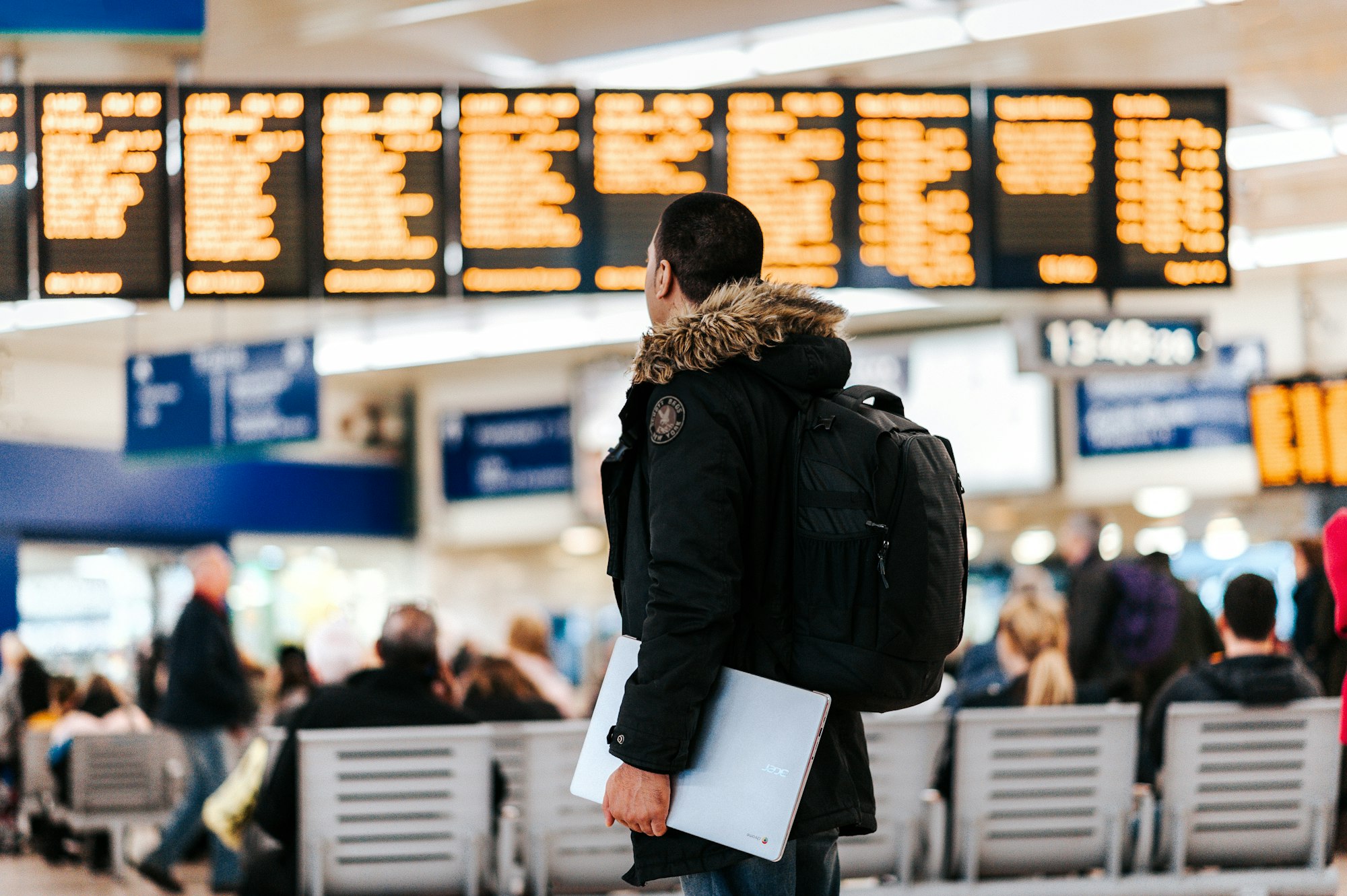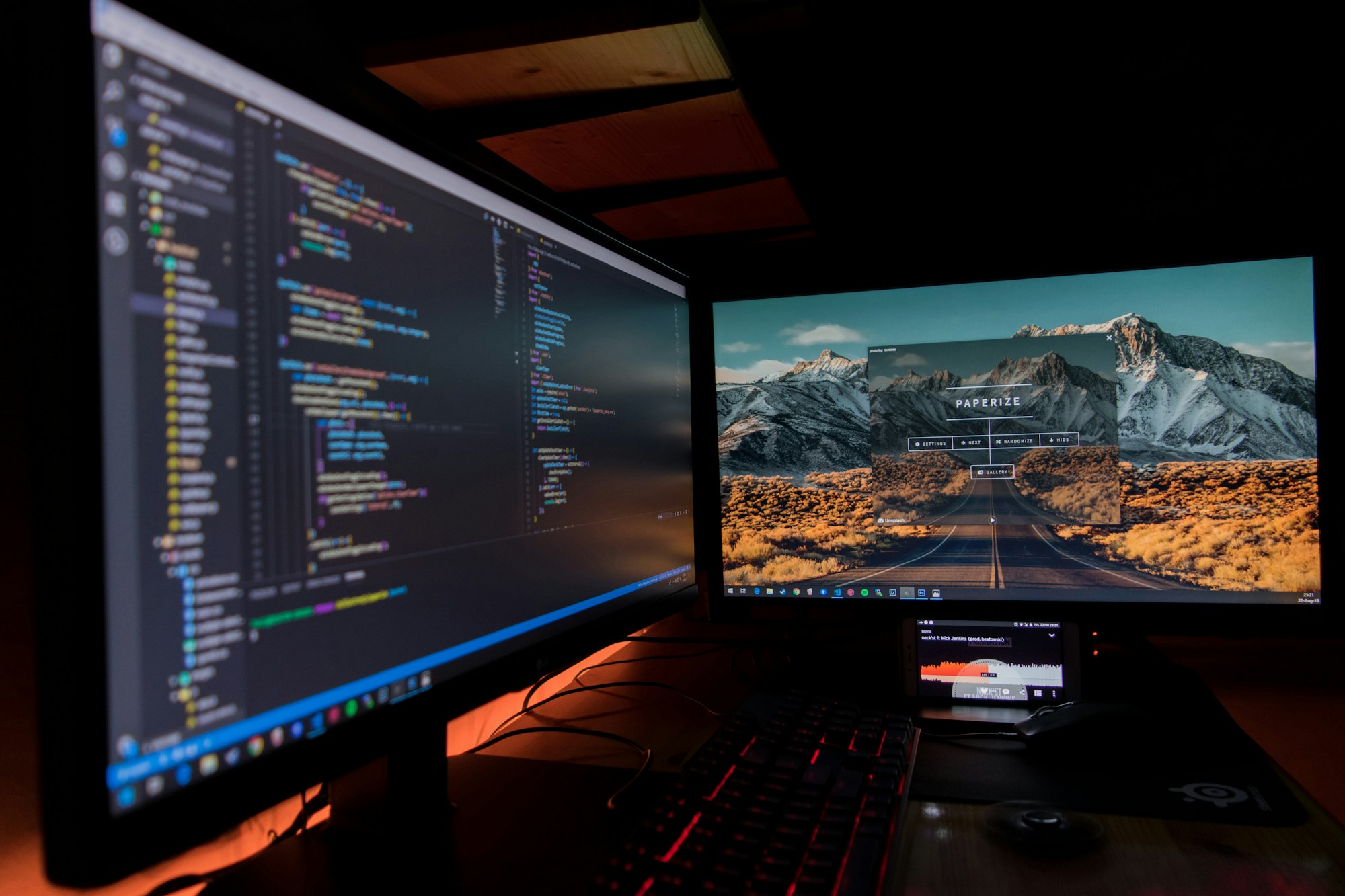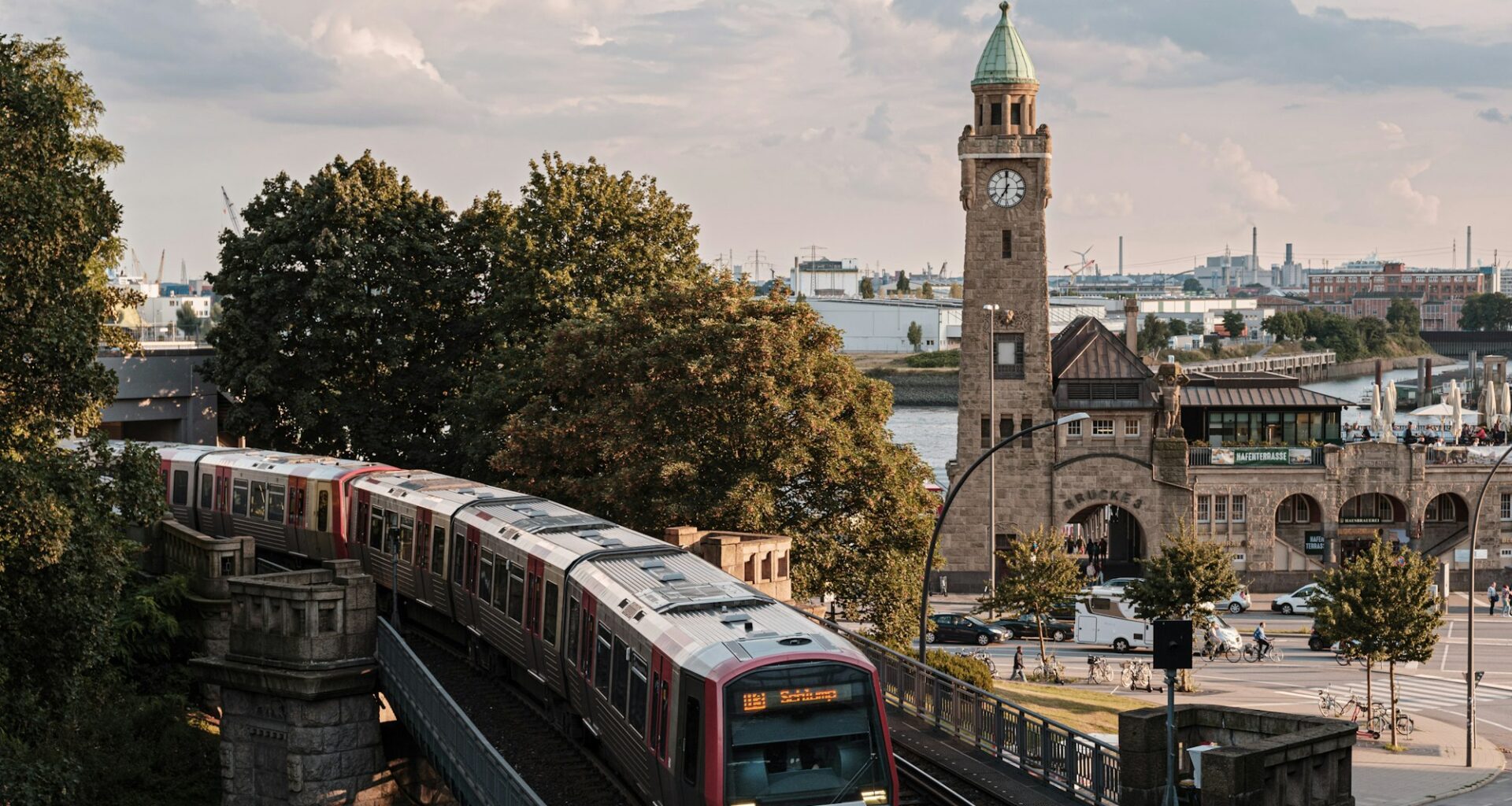Photo by Alexander Bagno / Unsplash
Dreaming of a vibrant European life, where historical charm meets cutting-edge innovation? Germany has long been a beacon for professionals, but for tech individuals with a desire for independence and a love for travel, a traditional employment visa might feel limiting.
What if you could blend your tech prowess with the freedom of a digital nomad? Good news: Germany offers a powerful pathway for just that, the Freelance Visa.
This isn’t a “digital nomad visa” in name, but it serves the same purpose, allowing non-EU citizens to live and work in Germany as independent professionals. For tech talent, it’s a game-changer, opening doors to a thriving economy, cultural immersion, and the flexibility to shape your career on your own terms.
Why the Global Talent Visa is a Smarter Route into the UK for Tech Professionals
If you consider yourself a leader in the tech space, or you clearly have the potential to be one, this is for you.

Officially called the Aufenthaltserlaubnis zur freiberuflichen Tätigkeit (Residence Permit for Freelance Activity), this visa allows non-EU nationals to reside in Germany and earn a living through self-employment in a liberal profession. It’s a long-stay National D visa, not a short-term Schengen tourist visa.
How Does the German Freelance Visa Work?
The process typically involves two main steps:
- Entry Visa (National D Visa): For most non-EU citizens, you’ll first apply for an entry visa at the German embassy or consulate in your home country (e.g., Lagos, Nigeria). This visa is usually valid for 3 to 6 months and grants you permission to enter Germany and begin setting up your freelance business.
- Residence Permit (upon arrival): Once you arrive in Germany, you must register your address and then apply for the long-term residence permit at the local Ausländerbehörde (Foreigners’ Office). This permit is typically issued for 1 to 3 years and is renewable, paving the way for potential permanent residency.
Which Tech Roles Can Qualify for the German Freelance Visa?
The German Freelance Visa is designed for “liberal professions” (also known as a Freiberufler visa), which are typically intellectual, scientific, artistic, literary, teaching, or educational activities. The fantastic news for the tech community is that many of your skills fall squarely into this category.
Here are some of the tech-related roles that frequently qualify for the German Freelance Visa:
- Software Developers/Engineers: Whether you specialise in backend, frontend, full-stack, mobile (iOS/Android), or specific languages/frameworks, independent development work is highly sought after.
- IT Consultants: Offering expertise in areas like cybersecurity, cloud solutions, system architecture, data management, or digital transformation.
- Web Developers/Designers: Crafting websites, e-commerce platforms, or user interfaces.
- Data Scientists/Analysts: Providing insights and solutions based on data interpretation.
- UX/UI Designers: Focusing on user experience and interface design for various platforms.
- Game Developers: Working independently on game projects.
- DevOps Engineers: Setting up and managing development and operations infrastructure.
- Cybersecurity Specialists: Offering independent security consulting or implementation.
- Technical Writers/Content Creators: Producing specialised documentation or content for tech companies.
- IT Trainers/Educators: Teaching coding, software usage, or IT skills.
The key is that your work must be independent, not tied to a single employer as a permanent staff member. You’ll be providing services to multiple clients, much like a typical freelancer.
Switching Tech Stacks: How to Pivot Without Starting Over
Switching tech stacks isn’t starting over, it’s applying what you already know in a new direction.

Be prepared for a thorough application process, as the German authorities want to ensure you’re a genuine freelancer who can support yourself. Here’s what you’ll generally need:
1/ Proof of Professional Qualification and Experience:
- Detailed CV: Highlighting your tech skills, education, and relevant work history.
- Educational Certificates: Degrees, diplomas, and any professional certifications.
- Portfolio/Work Samples: Crucial for demonstrating your abilities, especially in development or design roles.
- Letters of Recommendation: From previous employers or clients, attesting to your expertise.
2/ Solid Business Plan & Client Intent:
- Comprehensive Business Plan: Outline your freelance services, target clients (ideally showing interest from German clients), marketing strategy, and realistic financial projections for your first 1-3 years. This plan must demonstrate an “economic interest” or “regional need” for your services in Germany.
- Letters of Intent/Contracts: This is vital. You need at least two letters of intent from prospective German clients outlining their interest in hiring your services, the scope of work, and proposed rates. Existing contracts with international clients are also strong evidence of income.
3/ Financial Stability:
- Proof of Funds: You must show you have enough money to support yourself without relying on public assistance. This is often demonstrated through bank statements or a blocked account (Sperrkonto). A common guideline is to have at least €10,000 to €15,000 in accessible funds to cover your first year’s living expenses.
- Earnings Forecast: A detailed spreadsheet projecting your monthly income and expenses, proving your freelance activities will sustain you.
4/ Health Insurance:
- Valid Coverage: You must have comprehensive health insurance valid in Germany. Travel insurance is not sufficient for the long-term residence permit. You’ll need to secure private health insurance that meets German standards, or public health insurance if eligible (often based on income and age).
5/ Proof of Accommodation:
- Rental Contract: Even a temporary one will suffice for the initial application.
- Confirmation of Registration (Anmeldung): Once in Germany, you must register your address at the local Bürgeramt (Residents’ Registration Office) within two weeks. This certificate is crucial for your residence permit application.
6/ General Documents:
- Valid Passport: With sufficient validity (at least 6 months beyond your intended stay) and blank pages.
- Visa Application Forms: Duly completed and signed.
- Biometric Passport Photos: Meeting German visa specifications.
- Translations: Certified translations of any documents not in German or English.
- Pension Plan Proof (if over 45): If you’re 45 or older, you’ll need to demonstrate adequate pension provisions.
How to Write a Cybersecurity Analyst CV That Passes ATS Scans
Get your foot in the door with a resume that proves you’re not just qualified but ready.

Understanding the financial outlay is crucial. Here’s a breakdown of the main costs:
1/ Visa & Residence Permit Fees:
- National D Visa (Entry Visa): Around €75 (paid at the embassy/consulate).
- Residence Permit (in Germany): Approximately €50 – €110.
2/ Proof of Funds (Savings Requirement):
- You’ll need to show access to funds for at least the first year. This is often cited as €10,000 to €15,000. While this isn’t a fee you pay to the government, it’s money you must have liquid or in a blocked account.
3/ Initial Health Insurance:
- For the initial period until you set up long-term German health insurance, expect to pay €70 – €150 per month for a visa-compliant expat plan.
4/ Document Translations:
- Documents not in English or German would need to be translated. Depending on the number of documents, the budget €50 – €100 per document for certified translations.
5/ Initial Accommodation (Deposit & First Month’s Rent):
- You’ll need funds for a security deposit (Kaution), typically 2-3 months’ rent, plus your first month’s rent.
- Rent for a basic 1-bedroom apartment in a mid-sized German city can range from €600 to €1,200 per month.
- So, budget for €1,800 to €4,800+ upfront for accommodation (deposit + first month).
Putting it all together, for the initial phase, you should realistically prepare to have access to funds totalling approximately €13,000 to €23,000+ to cover visa fees, required proof of funds, initial insurance, document costs, flight, and initial accommodation. This allows you to apply confidently and get established.
How The Philippines Wants to Become a Digital Nomad Destination
A new visa initiative is allowing remote workers live and work from the Philippines for up to a year.
 Conclusion
Conclusion
The German Freelance Visa isn’t just a way to work; it’s a chance to build a new life. For tech professionals, it offers the freedom to choose your projects, access a strong economy, and even bring your family along. With the potential for permanent residency after a few years, this could be a long-term opportunity to grow your career and your future in Europe.
